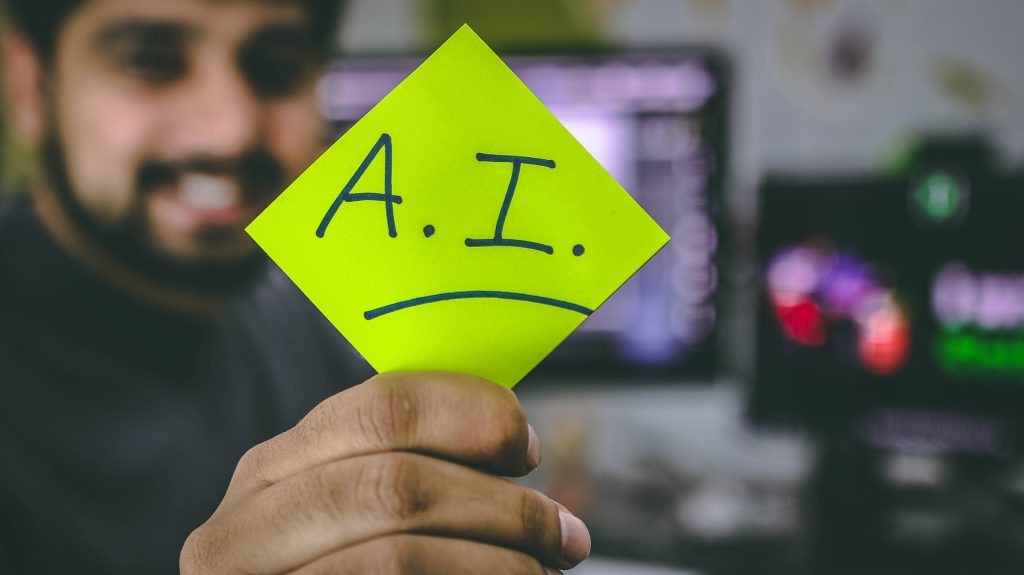In a groundbreaking move, a Chinese court recently recognized the copyright of an AI-generated image, setting a precedent that could significantly impact the burgeoning field of artificial intelligence and creativity. This decision, made by the Beijing Internet Court, revolves around a picture created using Stable Diffusion, a text-to-image software. The court’s recognition of the image as a protected artwork underlines the increasing significance of AI in the realm of artistic creation.
Acknowledging the human element in AI is a big deal for the future
The core of this ruling lies in the court’s understanding that the human creator’s originality and intellectual input played a crucial role in the creation of the AI-generated image. This perspective shifts the focus from the AI itself to the creative process and decision-making of the human behind the AI. By acknowledging the human element in AI-generated content, the court opens new doors for artists and creators who are exploring this novel domain.

This decision is particularly noteworthy as it diverges from the stance in other countries, like the United States, where the debate over copyright protection for AI-generated content remains unresolved. It emphasizes the need to view such creations on a case-by-case basis, considering the unique blend of AI and human input.
The dispute that led to this ruling began when an individual, identified as Li, used Stable Diffusion to create an image of a young Asian woman. After Li’s work was allegedly used without permission on Baijiahao, a Chinese content-sharing platform, he initiated an intellectual property infringement lawsuit. The court’s ruling in Li’s favor reinforces the idea that AI-generated images, when infused with human creativity and judgment, can be seen as personal expressions deserving of copyright protection.
This landmark ruling is a significant step for China’s growing interest in generative AI. It not only acknowledges the potential of AI in creative industries but also sets a legal precedent that could encourage more innovation and exploration in this field. As AI continues to evolve and find its place in various sectors, decisions like this will be crucial in shaping its role and the rights of those who harness its power for creative expression.
RELATED:
- TP-LINK BE3600/5100/6500 Wi-Fi 7 routers now available in China, starting at 229 Yuan ($32)
- Apple’s Limited-Time iPhone Discount for Lunar New Year in China, Starts Soon!
- Get $100 Off on Vivo X100 Pro at Giztop
- Best VR / AR Headsets of 2023 – Gizmochina
(Via)







